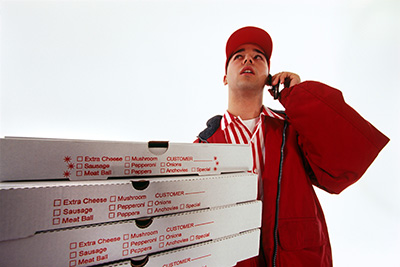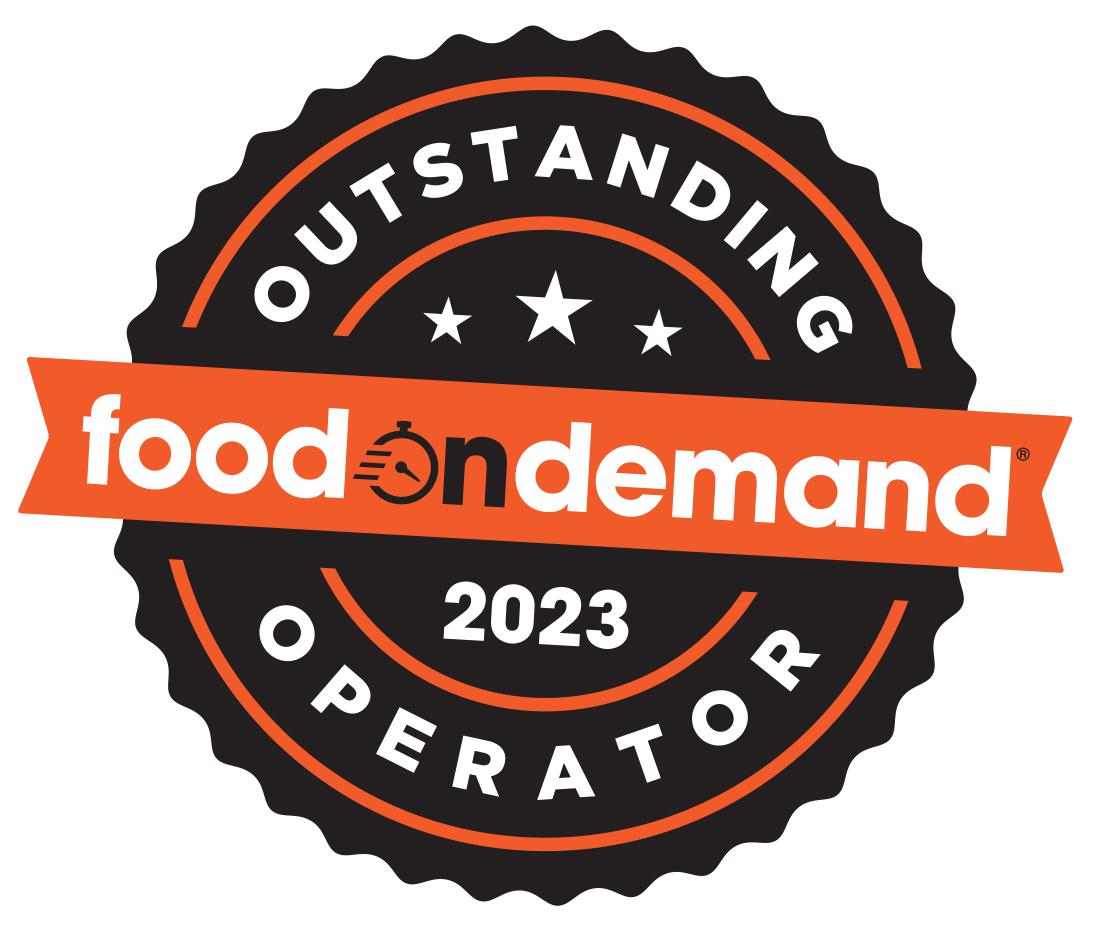By Laura Michaels
Delivery to your doorstep is the epitome of convenience, and because convenience is a top reason people visit restaurants in the first place, operators are hustling to incorporate delivery into their business. But amid the enticing profit potential touted by third-party delivery services, important liability issues are emerging.
Who’s responsible should a foodborne illness incident arise? What if a criminal act is committed by a delivery driver or there’s an auto accident? These are some of the issues attorneys Suzanne Singer and Damien Orato considered on how restaurants can minimize the potential for liability exposure while still taking advantage of opportunities with third-party delivery.
Both are partners at Florida law firm Rumberger, Kirk & Caldwell. Singer focuses on defending clients in the restaurant and hospitality industry in tort claims involving premises liability, wrongful death and employment issues, while Orato represents clients in cases involving premises liability and significant and catastrophic injuries as well as wrongful death claims.
Singer said she’s examined various third-party delivery contracts, and “it’s clearly very one-sided” in terms of how these contracts are structured in favor of the delivery service.
“What I think restaurant owners need to be aware of is not just signing them, but incorporating language that protects them” into the agreement, she said. “First and foremost, have indemnity language in the contract that if there’s any liability that arises, the third-party service is responsible for defending.”
And not only do restaurant owners want to ensure the third-party delivery service is the only one named in any potential lawsuit, Orato added, they should also make sure the service they’re working with has the resources to defend itself. “Plaintiffs attorneys are going to eventually look for the deepest pockets,” said Orato. “The cases are going to come … our society is litigation happy.
Other steps Orato and Singer said restaurant owners should take to mitigate risk include:
- Require the third-party service align with industry standards for food safety, including having procedures in place should a customer not be able to accept an order at the specified time. “It’s also important to ensure the company has some sort of tracking capability,” said Singer, should chain-of-custody issues arise related to foodborne illness cases.
- Require proof of insurance and vehicle title to show clear vehicle ownership by the delivery service driver or company itself.
- Provide a disclaimer of any agency relationship with the restaurant.
Written agreements aside, said Orato, operators must also be mindful of their association with services such as Postmates, which offers delivery from numerous restaurants without their permission. The concern here is “apparent agency,” he said, which can expose the restaurant to liability issues “if the restaurant knows they’re being listed on the service and don’t do anything about it.”
Restaurants should include disclaimers on their website and on other materials such as delivery menus regarding unauthorized third-party delivery services. If they take these steps, “there should be a very good chance they can escape legal liability,” Orato said.
“Go where the technology leads you,” Singer concluded, “but in a way that’s smart, that protects you and is mutually beneficial to the customer and your restaurant.”




